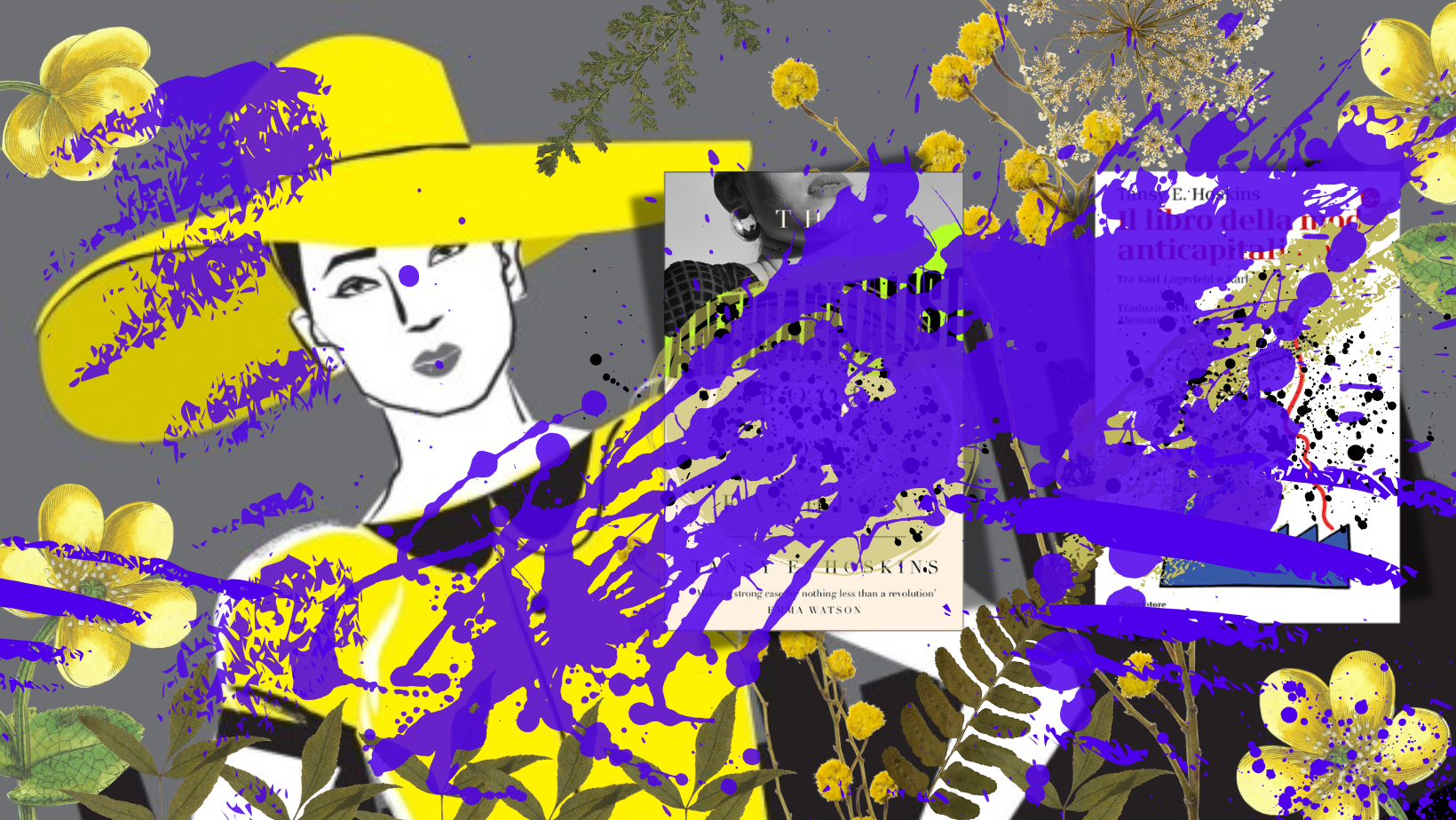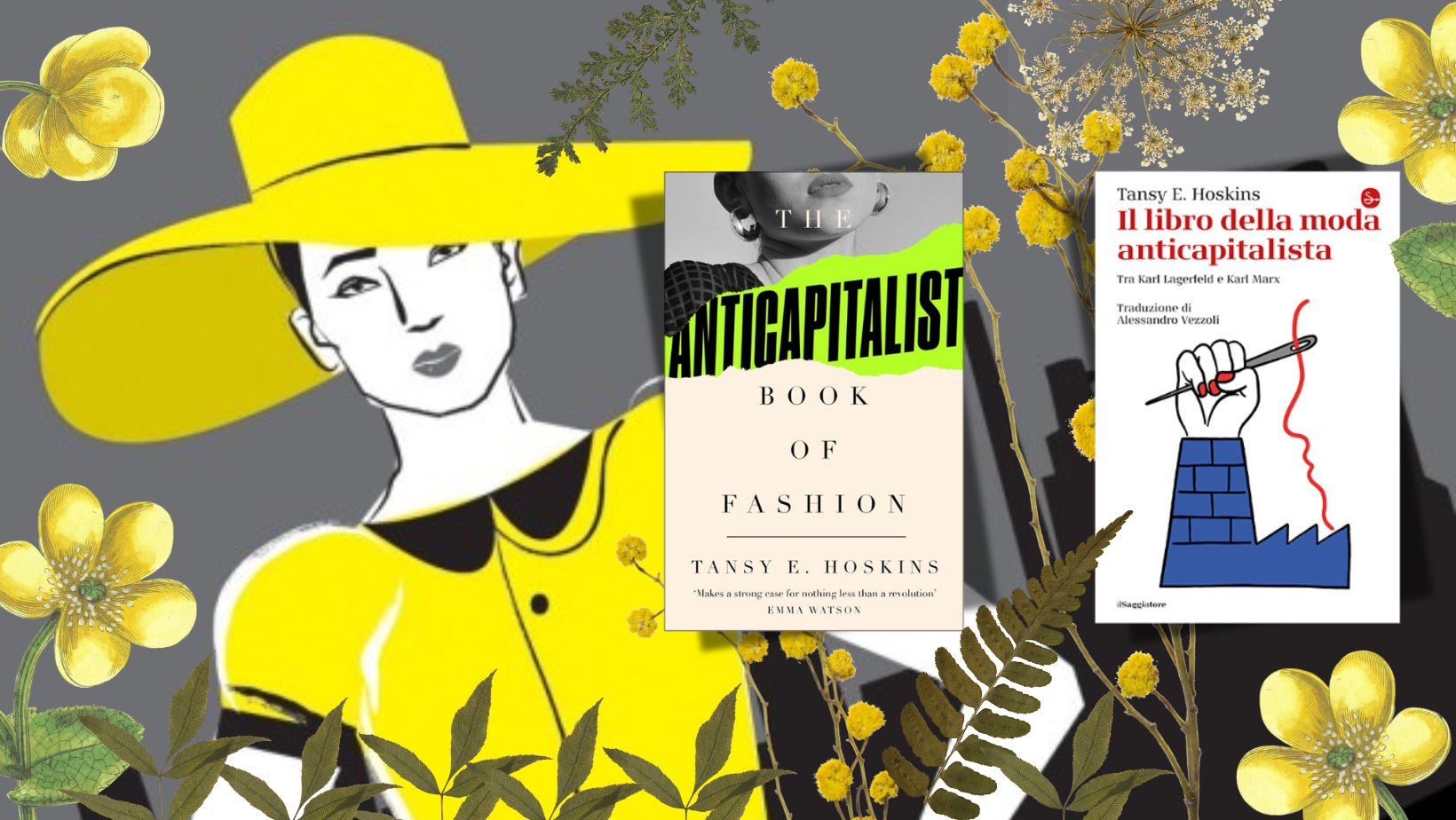My books have been stolen
I know exactly who did it and why.

My books were stolen not by just anybody but by one of the richest people on the planet.
Here's the story - Meta wanted to build a chatbot and call it an 'AI'.
To train a chatbot you need to feed it billions of words. Since Meta is run by a creep whose staff have to let him win at Catan and who could never write a half decent book - Meta looked elsewhere. Specifically they went to a giant pirated library that exists on the internet and used this library to train their chatbot.
Court filings from earlier this year include internal Meta memos where engineers say they want to use the pirate library but aren't sure because “torrenting” millions of files, from “a [Meta-owned] corporate laptop doesn’t feel right”.
The memos show that “after escalation to MZ”, the engineering team were "approved to use” the pirated library. Mark Zuckerberg, with his personal fortune of $220 billion, personally signed off on the theft of millions of books.
A journalist at the Atlantic created a searchable database of all the books Meta stole. I put my name in and that's how I know - Meta and Zuckerberg stole Stitched Up: The Anti-Capitalist Book of Fashion and the Italian edition Il libro della moda anticapitalista. Tra Karl Lagerfeld e Karl Marx.
Your chat bot could never
My books could never have been written by a chatbot and that is why they were stolen. They were stolen so that Meta can pretend its chatbot's word-vomit is original or interesting.
After I looked up my books, I turned to my bookshelf and searched for other authors who write about fashion and politics. Their work has also been stolen: Aja Barber, Maxine Bedat, Elizabeth Hawes, Miriam Ching Yoon Louie, Ken Kweku Nimo, Minh-Ha T. Pham, Safia Minney, Sanchita Saxena, Jeremy Seabrook, Lucy Siegle, Alden Wicker, Elizabeth Wilson...
There are more authors and more fashion books but I had to stop there as I encountered a physical stab of pain every time my search revealed another book. Books about labour and class, sweatshop warriors and resistance. The beautiful books written by Jeremy Seabrook before he passed away, books that have guided my own work and meant so much to me. This theft by Meta represents a generation of fashion literature - literature that critiques capitalism and the exploitation that enable Zuckerberg.
I need you to know that if you use a chatbot to generate 'content' or 'ideas', an article, an essay or perhaps - God help you - even a 'book', that it's just theft and you have got nothing but a cheap facsimile of stolen work.
Writers write
My writing is organic and it always will be. I will never use chatbots to write because the effort is the point. Writing is often hard but it is supposed to be - the point is to sit there, think, read, write, re-write, edit, re-write... The process of thinking and struggle is what creates the work. The connection between people, the communication between writer and reader and vice versa, the message sent from one heart to another - this is what writing is. It is why 'AI' will never write.
The time and the effort is what brings you as close as possible to writing something that has never been written before, to shine a light into psyches and systems, to create something that will illuminate and last.
The creation of new work produced by human brains, hearts and hands is what prevents stagnation. It's what takes us further into understanding. At so crucial a political moment we need deep, critical thinkers and powerful writers - we must not let the entire future of human understanding be stolen from us, frozen in time because no one who comes next knows how to write.
Alienation
I'm finishing a book at the moment. How do you think it feels to know it might also be stolen by a billionaire?
Karl Marx wrote a lot about alienation because it is so central to the experience of capitalism. As humans under capitalism, we pour our brain power and energy into producing work. At the end of the day, the capitalists we work for, take what we produced and say: "Go home. You're done here. Go home, eat something, sleep, and come back tomorrow, do it all again."
As Professor Richard Wolff says: “The thing that you produced is taken from you. It's alienated from you. Someone else who didn't work with you to produce it will decide what happens to it: where it goes, to whom it goes, for what purpose it is used.”
This is crucial to understanding the impact of capitalism on human psychology - you are alienated from what you made because your boss is going to just take it, sell it, make money from what you produced, and you won't be involved.
Wolff describes this loss of control over what we produce as “something like the little lesson learned by the three-year-old in the sandbox” when a kid comes over and steals your toy. It is loss without recourse to action. An upset child can be comforted by the adults in their life, but as an adult, no one comforts you.
“It's the way the system works,” Wolff says. “You become disconnected from your own product, from something you've poured yourself into... A small unaccountable minority have taken your output and done whatever they want with it.” No one comforts you and that painful, psychologically stressful loss is what ramifies inside your personality to cause alienation.
A difference with Meta's book theft is that in a workplace labour is generally exchanged for wages - though we know how difficult, and often fatal, it is to fight for this in the fashion industry. But like fashion brands who refuse to pay workers, with Meta being valued at £1.147 trillion, they don't even need to steal - they could have paid for the books.
My books were stolen because they are extraordinarily valuable and yet consider that the average income of a professional author in the UK is £7,000 per year. A shockingly low sum that means writing books is inaccessible and unsustainable for the overwhelming majority of people. Meta just made this so much worse.
Another difference is that Mark Zuckerberg is not just a typical evil boss. He's a monster who built a site to rate the hotness of his women classmates at Harvard; whose Facebook systems were crucial to the promotion of the Genocide against the Rohingya in Myanmar; and whose sites knowingly increase the risk of eating disorders among young women.
He is everything I despise.
He has eroded my incentive to write.
He has no humanity, which is why he steals it.
You want our books but do you care about the people who write them?
There are things happening to fight back against this.
The Society of Authors is lobbying the UK government.
Authors are holding protests outside Meta.
Over 50,000 creatives have signed this statement on 'AI' training.
There's a court case against Meta in the USA.
There are people who support authors, buy or loan books, fight for workers rights, and keep their brains organic.
Thank you for reading.
In solidarity, Tansy.

